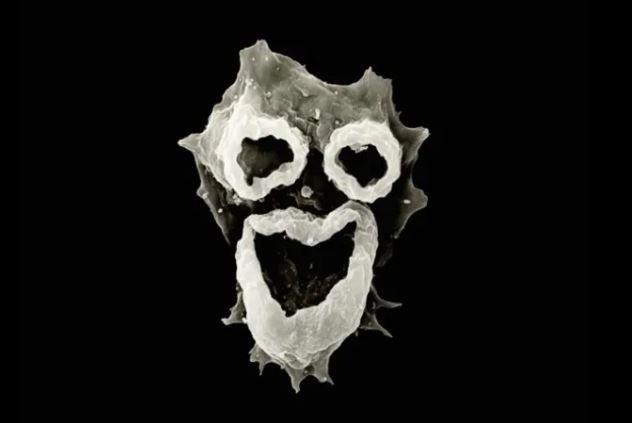Pakistan health officials have already reported 11 fatalities due to parasitic meningitis infections caused by Naegleria fowleri.
And now a 12th case is battling for life at the National Medical Center (NMC) in Karachi.

“Patient Sohaib was brought in unstable condition to us and medical investigations revealed that he is infected with Naegleria fowleri. Currently, he is on the ventilator,” a doctor said on condition of anonymity.
Naegleria fowleri is a microscopic single-cell amoeba.
It can cause a rare and devastating infection of the brain called primary amebic meningoencephalitis (PAM).
The amoeba is commonly found in warm freshwaters such as lakes, rivers, ponds, and canals.
Infections can happen when contaminated water enters the body through the nose. Then it migrates to the brain where it settles and start destroying brain tissue. The infection is usually fatal.
Pakistan and India and currently baked by intense temperatures. These are the perfect conditions for the proliferation of the deadly amoeba, as Naegleria fowleri grows best at higher temperatures up to 115°F (46°C) and can survive for short periods at higher temperatures.
But don’t worry! In the USA, Naegleria fowleri infections are rare. From 2009 to 2018, only 34 infections were reported, all deadly. Naegleria fowleri is commonly found in lakes in southern-tier states during the summer but more recently has caused infections in northern states. So like its flesh-eating bacteria friend , it’s moving north! In very rare instances, Naegleria has been identified in water from other sources such as inadequately chlorinated swimming pool water or heated and contaminated tap water.
The primary amebic meningoencephalitis (PAM) is a rare disease but devastating disease. Only four of 145 patients survived PAM in the United States between 1962 and 2018.
Read More:
- https://www.thenews.com.pk/print/516405-teenager-battles-for-life-after-testing-positive-for-naegleria-fowleri
- https://www.cdc.gov/parasites/naegleria/index.html
- http://outbreaknewstoday.com/pakistan-12th-brain-eating-amoeba-case-reported-in-karachi-73806/












